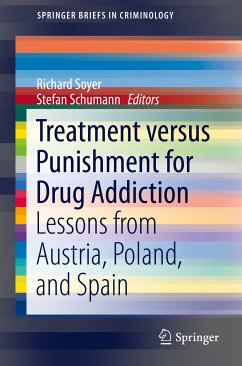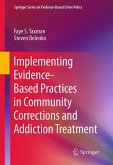-An analysis of the national drug-related legislation and its application in these countries
- An evaluation of drug laws and policies by both the law enforcement and drug treatment practitioners
-An evaluation of drug-addicted offenders undergoing drug treatment versus punishment and their outcomes
The basic findings of the project can be summarized as follows: drug addiction and drug-related criminal behavior should be treated as a psychiatric disorder and a chronic disease. The study supports the application of a treatment-oriented approach to drug-related delinquency. As this brief demonstrates, one challenge to an adequate treatment of drug addicted offenders is a lack of cooperation between the judicial and the medical sector, and an inconsistent application of policies. By comparing the legislation and application of drug laws in these three European countries, the authors provide insights with implications for other national legal systems.
This brief will be of interest to researchers and policy-makers working with drug involved individuals, from criminology and criminal justice, public health, public policy and international comparative law.
Dieser Download kann aus rechtlichen Gründen nur mit Rechnungsadresse in A, B, BG, CY, CZ, D, DK, EW, E, FIN, F, GR, HR, H, IRL, I, LT, L, LR, M, NL, PL, P, R, S, SLO, SK ausgeliefert werden.









